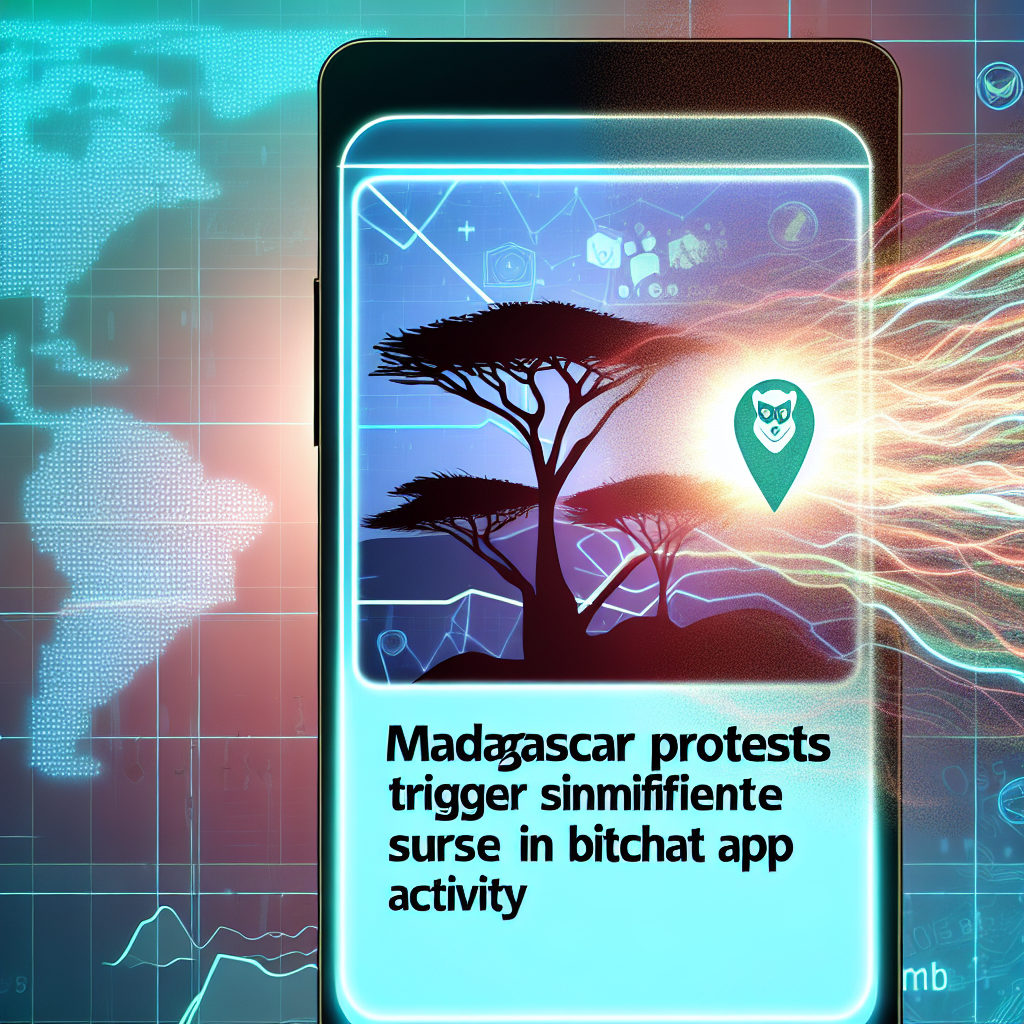Block CEO Jack Dorsey’s decentralized peer-to-peer messaging service, Bitchat, has experienced a surge in downloads from Madagascar amidst ongoing protests, mirroring a similar rise during unrest in Nepal and Indonesia earlier in September.
A Bitcoin open-source developer using the X handle callebtc, who is contributing to the messaging service, reported on Sunday, “Bitchat downloads spiking in Madagascar,” alongside screenshots of news coverage about the protests.
“Bitchat” trending in Google searches
Callebtc did not disclose exact download figures, but Google Trends for “Bitchat” indicates a surge from 0 to 100 on Friday (over 90 days) in Madagascar, particularly in Antananarivo.
Google Trends tracks the popularity of search terms over time, with 100 representing peak popularity and 0 indicating low interest or “not enough data.”
At the same time, phrases like “Bitchat download” and “how to use Bitchat” ranked among the top five related queries, identified as “breakout topics,” meaning there was a “tremendous increase” in activity, according to Google.
Chrome-Stats indicate Bitchat has been downloaded 365,307 times since its launch, with over 21,000 downloads in the last day and more than 71,000 in the past week. However, it does not specify which regions accounted for the majority of downloads.
Protests over power and water cuts
Protests erupted in Antananarivo on Thursday, with several clashes between demonstrators and police, alongside reports of looting due to ongoing power and water shortages, leading to the dismissal of the energy minister.
Madagascar’s authorities also enforced a curfew from dusk to dawn to quell further unrest. Additional demonstrations took place on Friday and Saturday across the nation.
This spike in Bitchat downloads follows a similar trend in Nepal amidst violent protests over corruption, which prompted a temporary social media ban, forcing protesters to find alternative means of communication. Indonesia experienced a comparable increase in downloads following corruption-related protests as well.
Most of Madagascar’s population doesn’t have access to the internet
As one of the world’s poorest nations, Madagascar has a population of nearly 32 million, with only 6.6 million people estimated to have internet access at the beginning of 2025, according to the global technology data platform DataReportal estimates.
The platform further reports that there were over 18 million active mobile connections in Madagascar early in 2025; however, “some of these connections may only support voice and SMS services, and may not provide access to the internet.”
Related: Decentralized social media app to challenge Big Tech’s ‘walled gardens’
Dorsey launched a beta version of Bitchat in July. This service utilizes Bluetooth mesh networks for encrypted communication without internet access, and according to its white paper, the network is fully decentralized, lacking central servers, accounts, email addresses, or phone numbers for registration, and has no infrastructure dependencies.
Encrypted messaging services face Chat Control law in EU
The European Union is currently working on regulations targeting private messaging services. Lawmakers are proposing a “Chat Control” law that would compromise encrypted messaging by requiring services like Telegram, WhatsApp, and Signal to permit message screening by regulators before encryption and sending occurs.
Fifteen EU nations are backing the proposal, but it still lacks the 65% population threshold needed for approval. Germany, which holds a crucial vote, has yet to clarify its position.
Crypto advocates Diode CEO Hans Rempel and Brickken’s Elisenda Fabrega predict the proposal could drive users toward decentralized Web3 platforms that prioritize privacy by default.
Magazine: ‘Help! My robot vac is stealing my Bitcoin’: When smart devices attack

